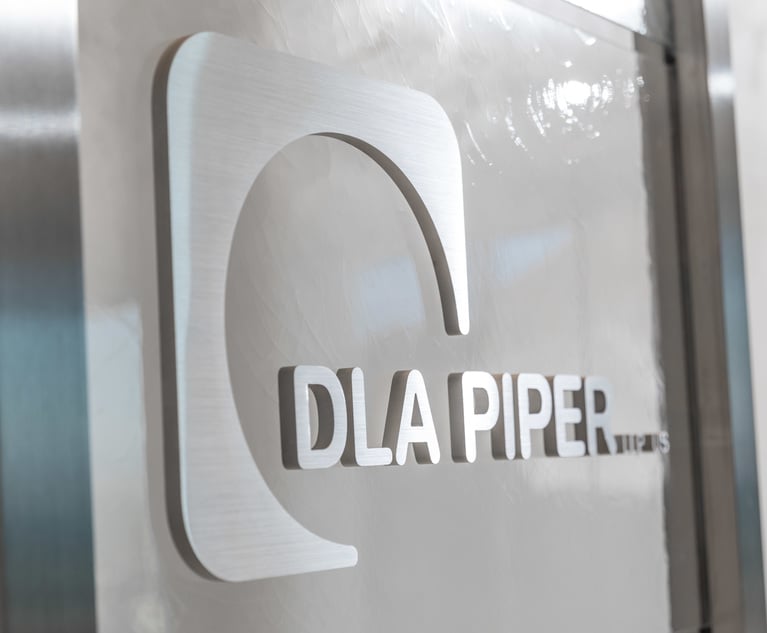Proprietorial interests-
One of the key aspects of the White case concerned proprietorial interests in the assets concerned. Is the proprietorial interest important? Following the Court of Appeal judgment it was thought that one should have regard to the parties’ proprietorial interests.
This approach was rejected in the Lords. It indicated that although proprietorship is of considerable importance, it should not be allowed to dominate the picture. However, a broad assessment of the parties’ financial position should be ascertained.
In the White case a strict legal approach would have led to complex argument over among other things the ownership of milk quota, which in itself could have given rise to a whole case on its own.
The history of the assets-
If proprietorship is not the overriding factor, what about the history of the assets? Were these funded by the wife’s family or the husband’s family, by loans or by inheritance? Does it matter?
In White there are some observations by Lord Nicholls which indicate that property acquired before marriage, and inherited property acquired during marriage, come from a source outside the marriage and stand on a completely different footing to matrimonial property.
In big money cases, the history of the acquisition of the assets can be crucial. It may be possible to have jointly owned property in a partnership. This may be the only property owned by a husband and wife, but the history of the acquisition may be important. Were gifts made 20 years ago by the husband or the wife’s parents for example?
The decision is down to the judge, but forensic accountants may be able to ascertain when the property was acquired, although it is not always easy to find old accounts and documentary evidence to support the recollection of one half of the marriage as to who paid for the property.
There is also the difficulty of determining how the nature of inherited or prenuptial property may have changed during the marriage. For example, is this the result of efforts by both parties or just one party? Establishing the correct factual position is vital. The decision in White means that a judge should check their tentative views against the yardstick of equal division. In certain cases, the valuation of a business may need to be quantified with greater precision than was previously the case.
Property values can be provided by chartered surveyors and other third-party valuers. However, in a business where goodwill may be an issue, it might be necessary to seek evidence of comparable prices paid for a similar business in the open market.
If equality is appropriate in a particular case and
it is not possible to divide the business between
husband and wife (as Mrs White contended), then
the business might have to be sold. Liquidity was
not really addressed by their Lordships in White.
However, if it is not practical to sell a business or
business assets, evidence will be needed, together with a realistic appraisal of how much can be raised by borrowing.
What about capital gains tax (CGT)? Mrs White contended that if the farms were not sold and she received a farm there would be no CGT and the previous practice of calculating CGT on ‘melt down’ should be abandoned. Lord Nicholls made it clear that “as with so much else in this field, there can be no hard or fast rule either way”. However, as Mrs White was receiving cash, when comparing with Mr White’s position, his equivalent cash sum would be the net value of the farms after a sale.







